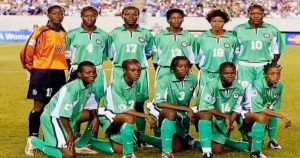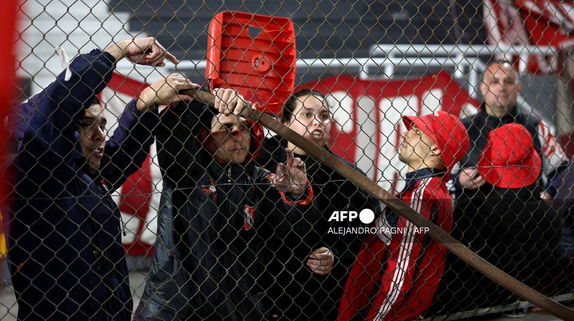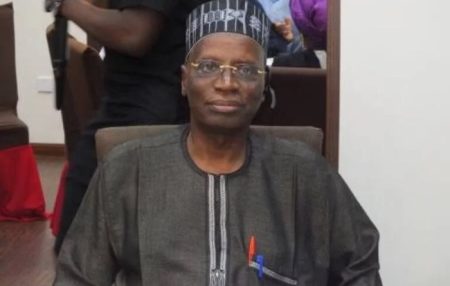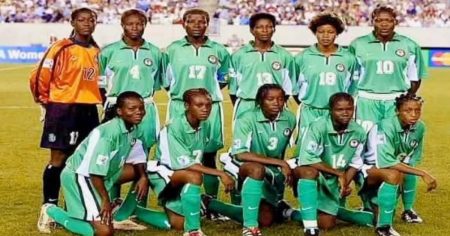The Copa Sudamericana round of 16 match between Argentina’s Independiente and Chile’s Universidad de Chile descended into chaos on Wednesday, marred by a violent confrontation between rival fans that left 19 injured and over 100 arrested. The halftime brawl, described as an “unacceptable lynching” by Chilean President Gabriel Boric, erupted when Chilean fans began hurling projectiles, including stones, sticks, bottles, and even a stun grenade, at home supporters. Independiente fans retaliated by storming the visitors’ enclosure, engaging in physical assaults that left several Chilean fans bloodied and beaten. The match was ultimately abandoned amidst the escalating violence, casting a dark shadow over South American football.
The aftermath of the incident saw accusations flying between both sides. Independiente officials blamed the Chilean fans for initiating the violence, alleging they ripped toilets from the bathrooms and threw them into the stands. Argentine fans echoed these claims, describing a barrage of projectiles, including “rocks, seats, urine, poop,” launched by the Chilean supporters. However, Chilean fans and players countered, accusing the Buenos Aires police of a slow response, which they argued allowed the violence to escalate. Chilean officials, including President Boric, expressed outrage at the treatment of their citizens, with Boric dispatching his interior minister to Buenos Aires to monitor the situation and support the injured.
The severity of the incident drew widespread condemnation from football authorities. FIFA President Gianni Infantino labelled the violence “barbaric” and called for exemplary sanctions. CONMEBOL, the governing body of South American football, pledged to take firm action against those responsible, hinting at potential punishments ranging from fines to disqualification for the clubs involved. The incident also triggered an outpouring of concern from players on both sides, who emphasized the unacceptability of such violence in the sport.
The chaotic scenes in Buenos Aires underscored a persistent problem with fan violence in South American football. While assigning blame remains a point of contention, the accounts from various parties paint a picture of escalating tensions and inadequate security measures. The Chilean Consul General in Buenos Aires confirmed that 98 individuals remained in custody following the incident, while Chilean authorities reported 19 hospitalized citizens, including one with stab wounds. Argentine media reports highlighted the severity of the injuries, with three individuals suffering serious head trauma, including a Universidad fan who miraculously survived a fall from the upper tier of the stands while attempting to escape the attack.
The incident raised critical questions about stadium security and the responsibility of both clubs and local authorities in preventing such violence. Chilean fans criticized Independiente for failing to provide adequate security, arguing the club should have anticipated potential trouble given the history of fan rivalry. Independiente, however, rejected these accusations, maintaining they had complied with all regulations. Argentine security officials, on the other hand, pointed fingers at CONMEBOL for delaying the suspension of the match, claiming the organization should have acted sooner given the escalating hostility in the stands.
The Buenos Aires brawl serves as a stark reminder of the ongoing challenges facing South American football in its efforts to curb fan violence. This incident follows closely on the heels of another tragic event in April, where two fans lost their lives in clashes with police outside a stadium in Santiago before a Copa Libertadores match. The recurring nature of such violence calls for a comprehensive reassessment of security protocols, fan management strategies, and the role of governing bodies in ensuring the safety and well-being of all attendees at football matches. The incident also underscores the need for greater collaboration between clubs, authorities, and fan groups to address the root causes of football hooliganism and create a safer environment for the sport.














